An analysis of the sprawling financial networks abroad Lebanese politicians and bankers created while steering their country toward disaster


An analysis of the sprawling financial networks abroad Lebanese politicians and bankers created while steering their country toward disaster

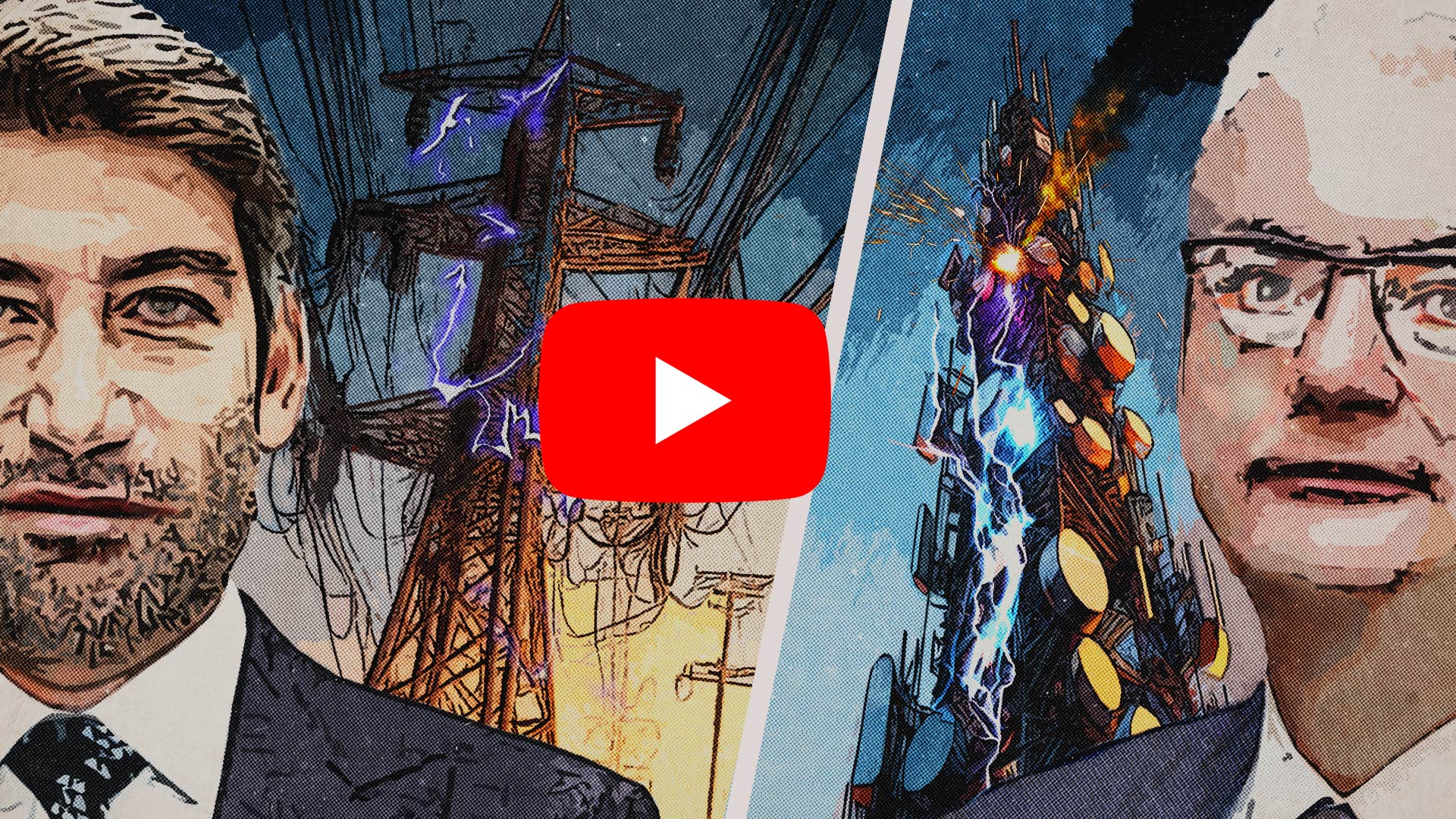
Reform of state-owned enterprises is both possible and necessary, starting with electricity and telecoms

The manner in which Brussels has meted out €1billion to Lebanon smacks of opportunism and a reward for flouting reforms

Calls to defund it will grow louder if the institutional bloat, accusations of graft and political infighting aren’t fixed


Reform of state-owned enterprises is both possible and necessary, starting with electricity and telecoms.

The Progressive Deposit Recovery Plan offers an opportunity for accountability and the redemption of the Lebanese people’s lifesavings.
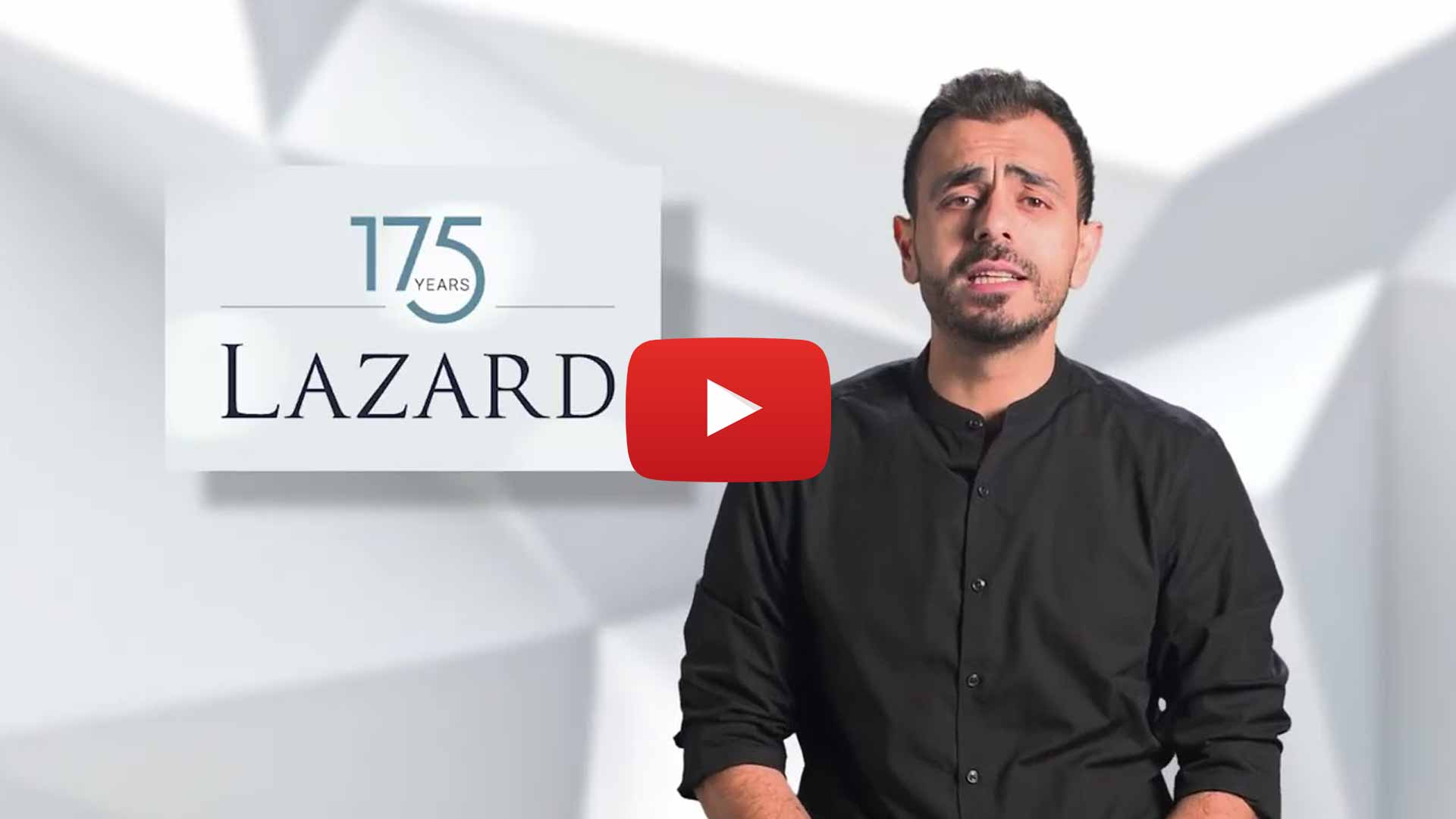

The Progressive Deposit Recovery Plan offers a lifeline for Lebanese depositors, aiming to recover and restore funds once deemed lost in the country’s financial turmoil.

Reckless profiteering and the banking sector’s insolvency demand a bold deposit recovery plan to restore financial integrity in Lebanon.
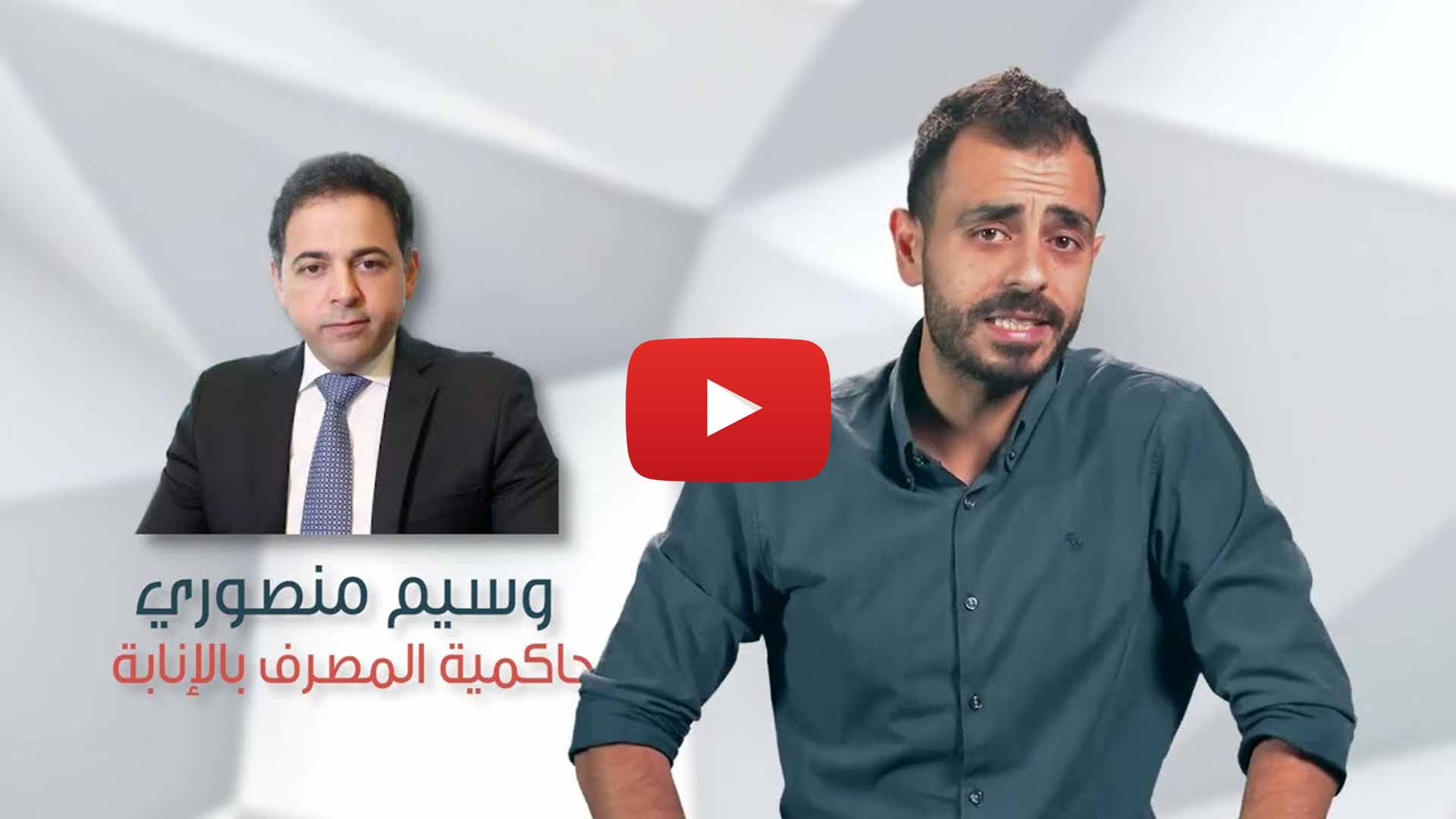
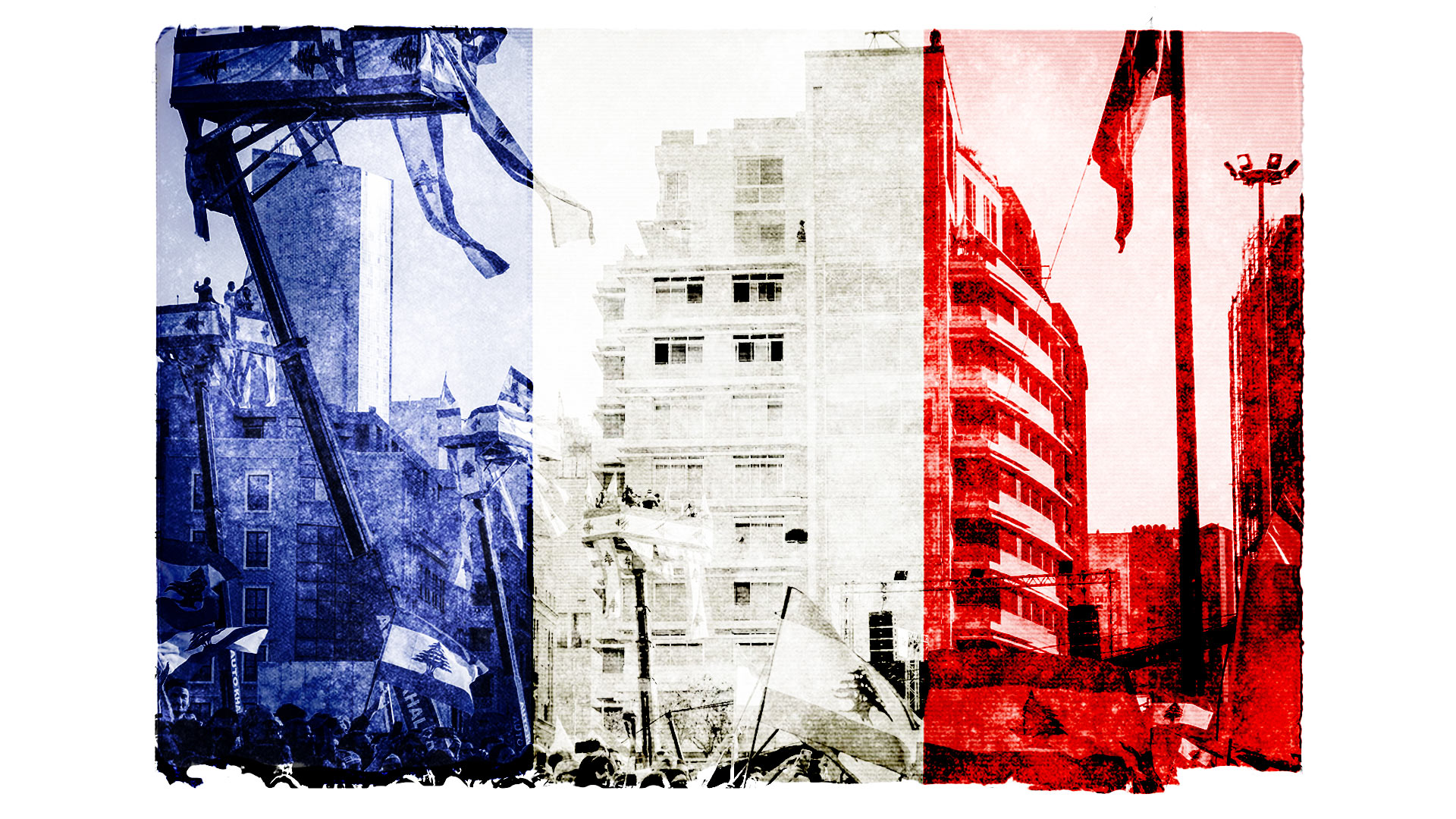
On the 80th anniversary of Lebanon’s independence, Paris must end its foreign policy of cultivating Lebanese political factionalism.

The Lebanese financial crisis, driven by fiscal mismanagement and central bank interventions, has resulted in market distortions and multiple exchange rates, worsening economic disparities.

To restore stability and credibility, the government must reform the central bank’s governance, tighten fiscal policy, and ultimately execute a carefully managed float of the lira.
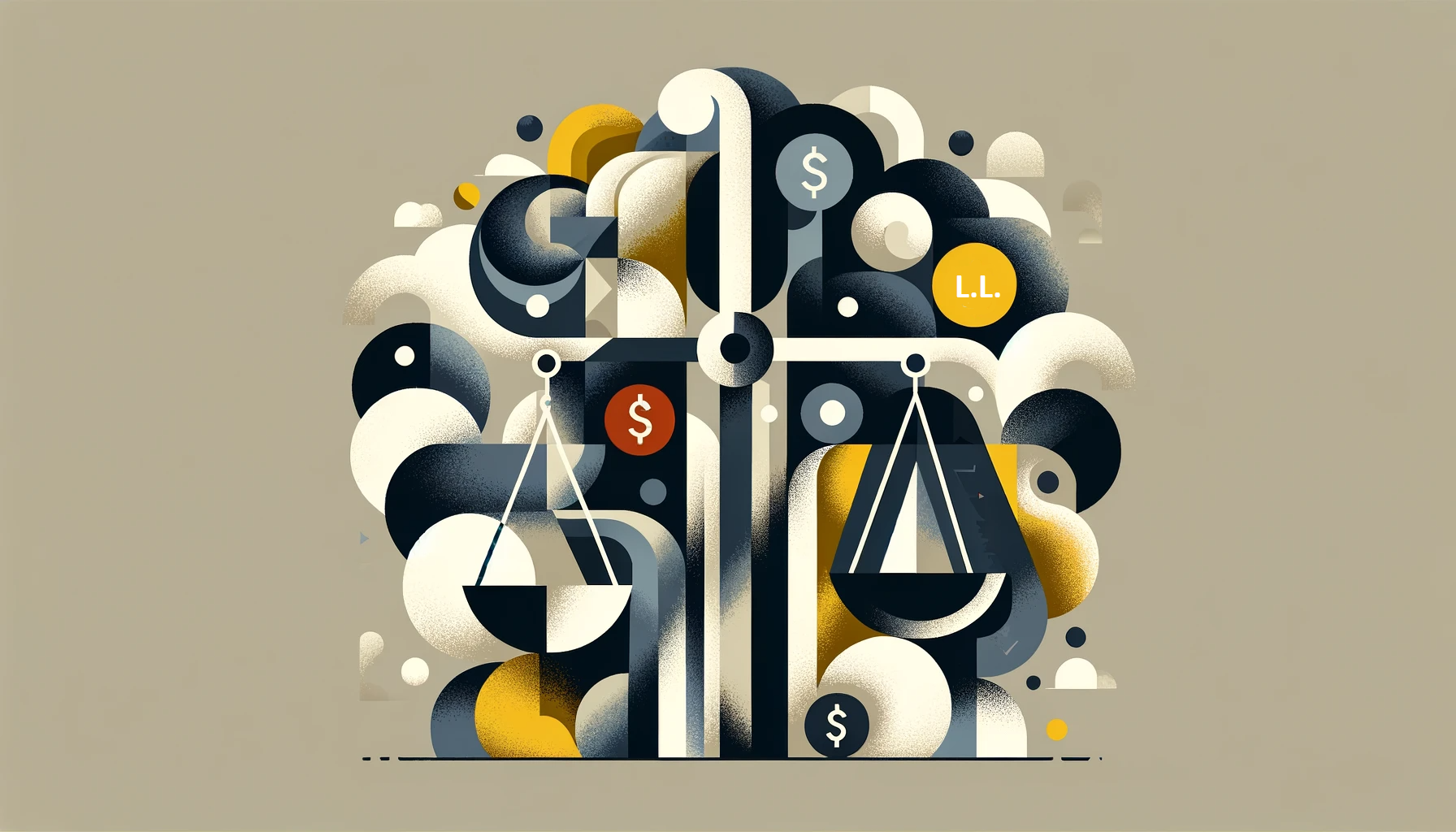
Assessing Lebanon’s exchange rate chaos: Sayrafa, monetary governance reforms, and the need for a managed float of the lira.
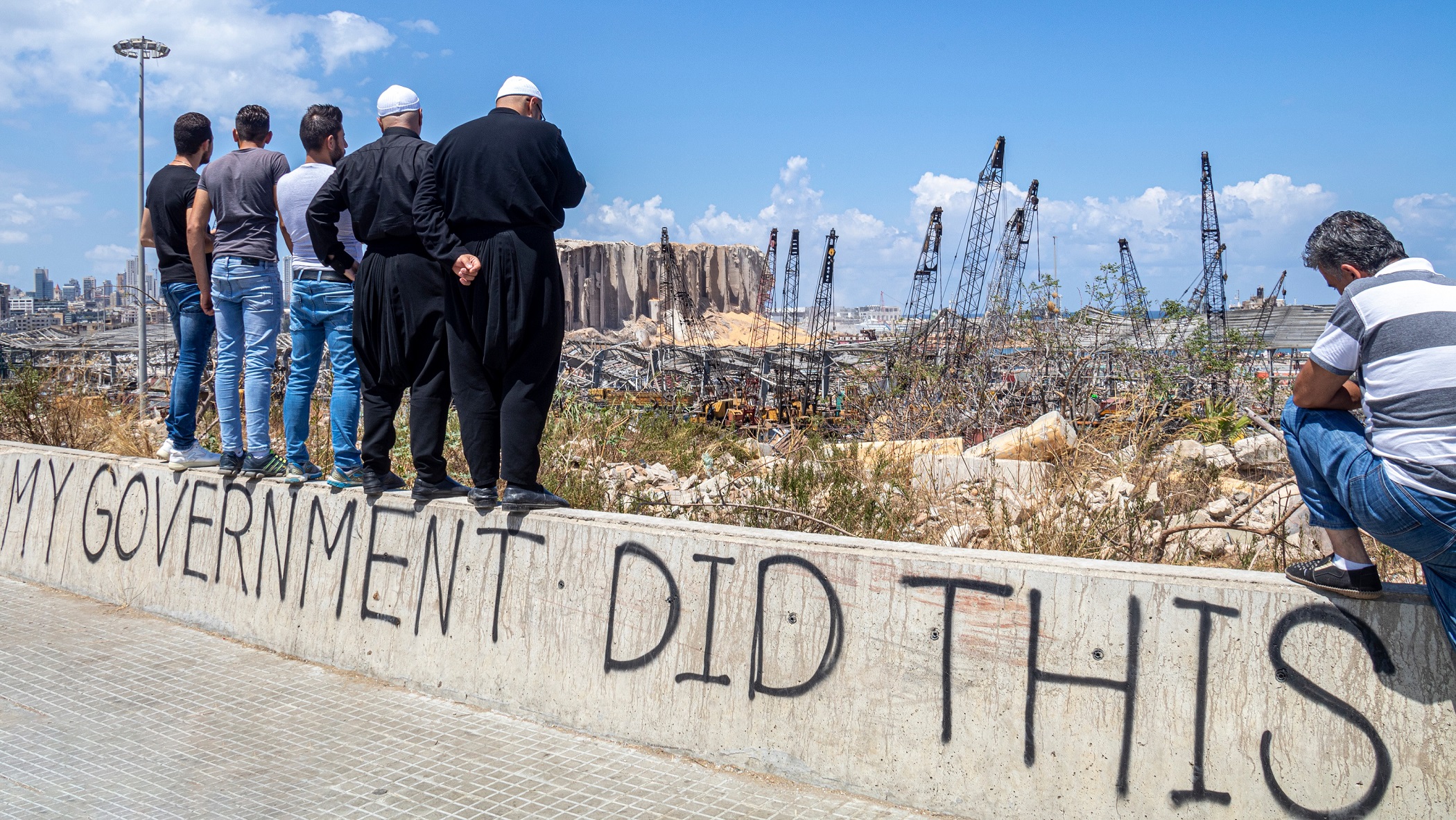
Only coordinated US and EU sanctions may prevent Lebanese leaders from driving the country into the void.

“A weak and inefficient monetary tool”
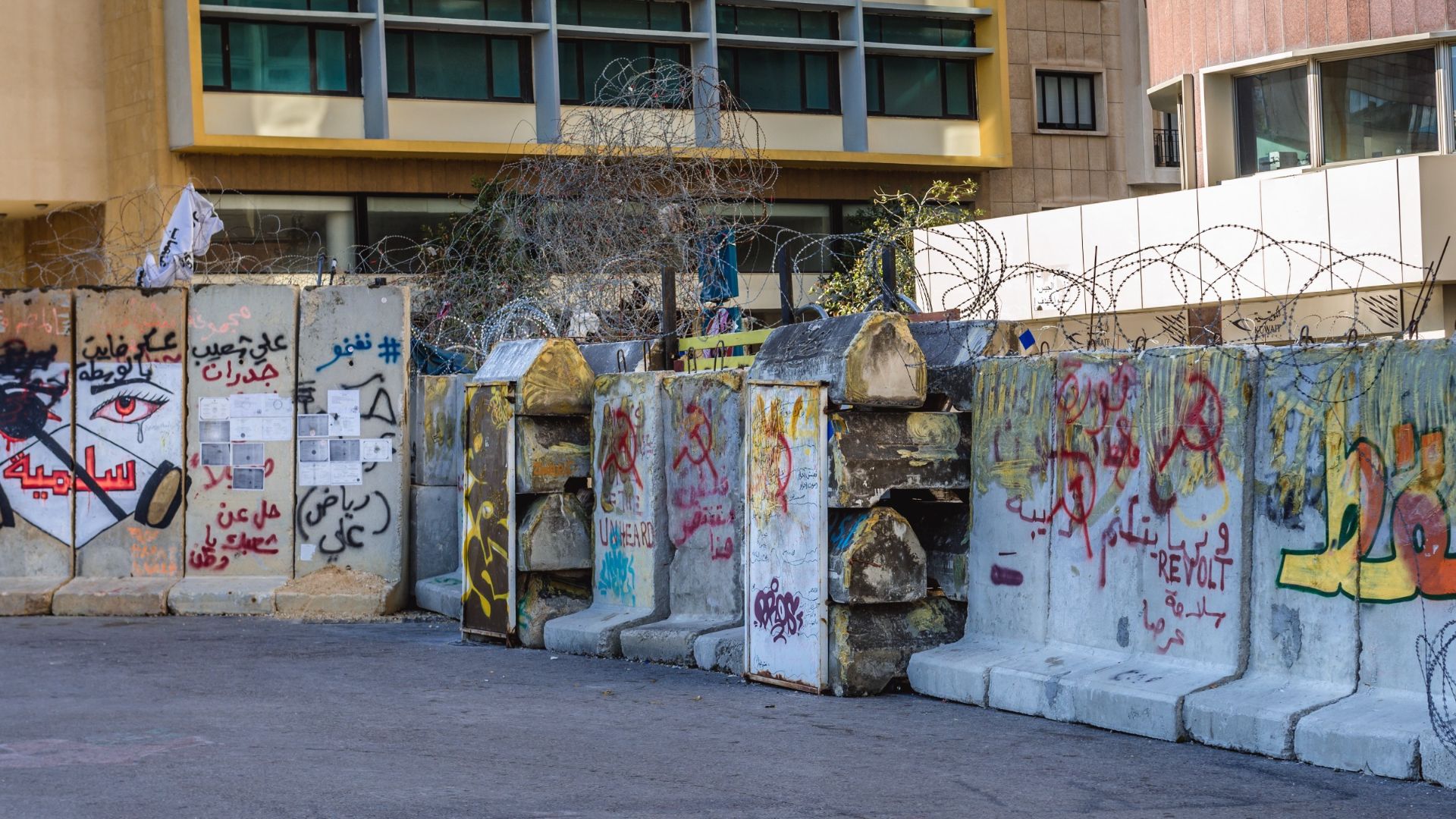
Lebanon’s cabinet violates constitution to protect banking elite.
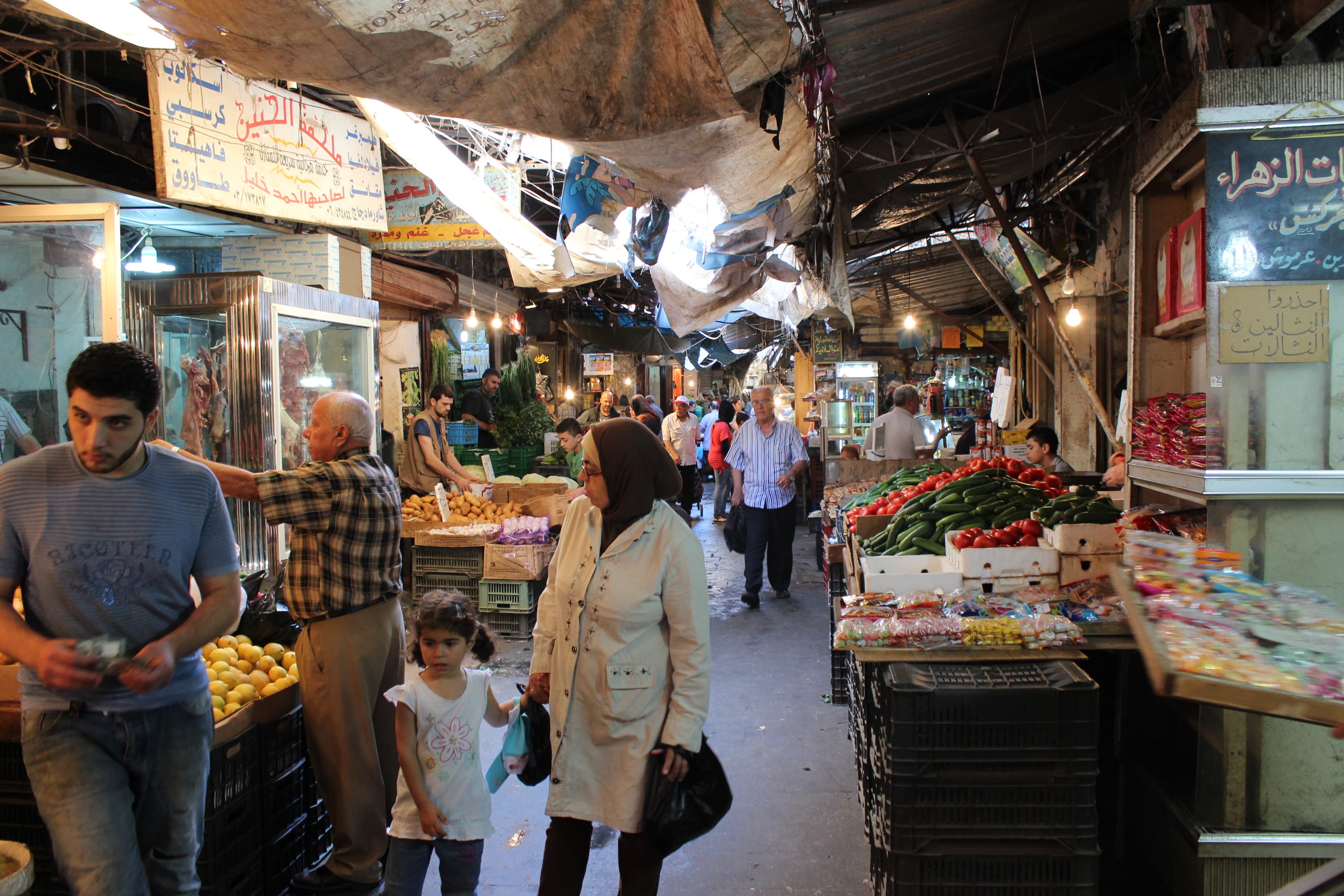
Electricity timetables, roadcuts and the hourly exchange rate. This is information that Tripolitans – people living in Lebanon’s second-largest city of Tripoli – never thought they would have to rely on so dearly one day. Since the beginning of Lebanon’s financial collapse in 2019, considered by...
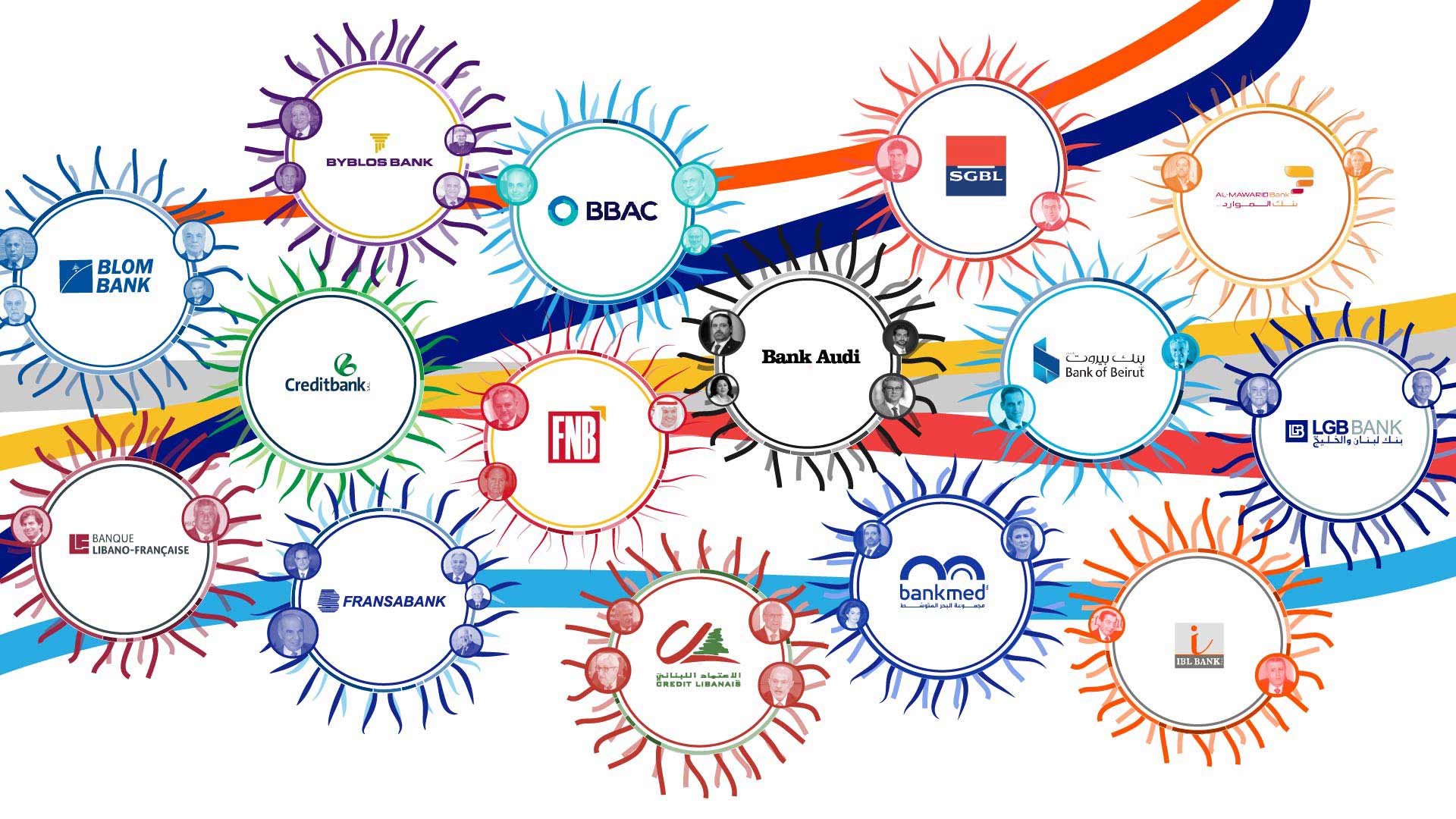
An editorial investigation into how the vested financial interests of Lebanese bankers and politicians are one and the same.

Ending the anonymity surrounding bank ownership and management is the first step towards accountability for Lebanon’s financial crisis.
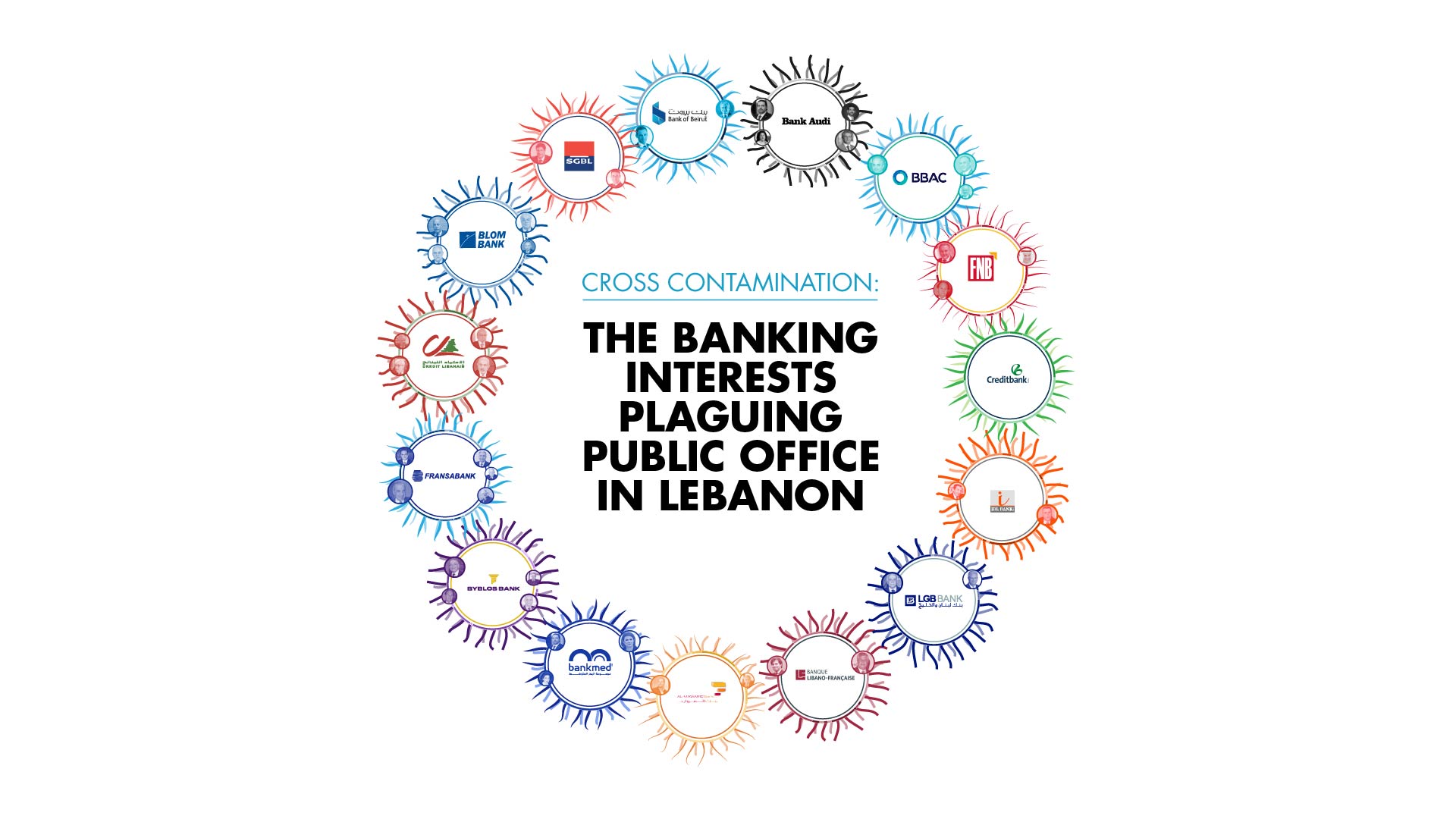
The Alternative’s investigation of Lebanon’s banking sector reveals conflicts of interest behind the country’s financial and political masters

Why illegal cross-border commerce is so hard to stop.
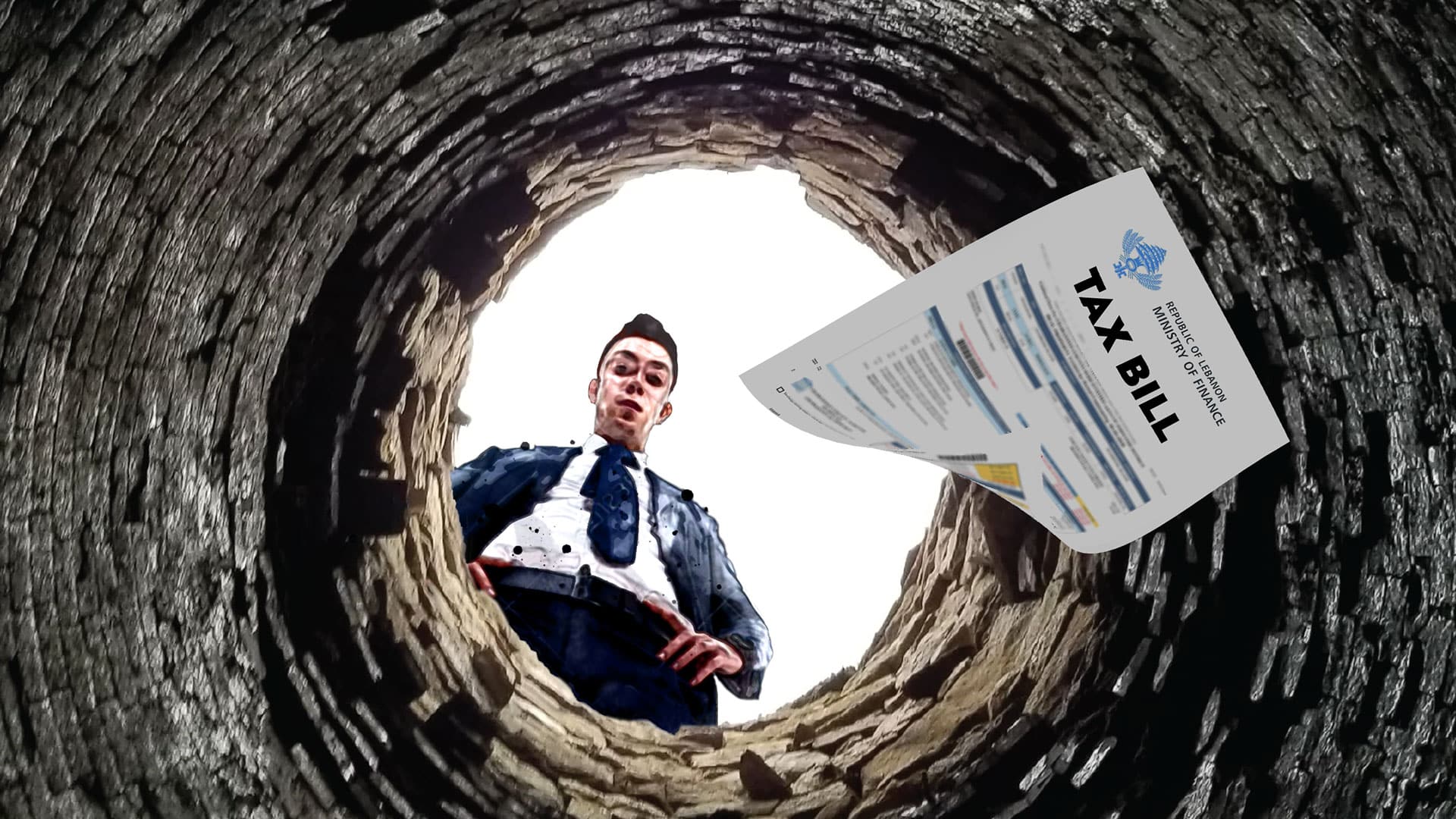
The government’s inequitable revenue structures can no longer afford to keep burdening the poor while giving a free pass to those with the means to pay their share of taxes.

Lebanon’s 2022 budget’s has a preference for regressive taxation, potentially shielding the wealthy while financially straining ordinary citizens.

Lebanon amends banking secrecy law to appease the IMF but leaves loopholes to protect politico-banking elite.

Addressing Lebanon’s banking turmoil through lirafication debates, accountability for large deposits, clawbacks, bankruptcy laws, and potential conflicts of interest in governance.

Analyzing Lebanon’s 2022 Financial Recovery Plan, from its ambitious promises to critical flaws in depositor compensation, fund structure, wealth legitimacy checks, and the glaring lack of accountability.

Summary and analysis of circulars and decisions issued by the Ministry of Finance and Banque Du Liban from November to December 2022
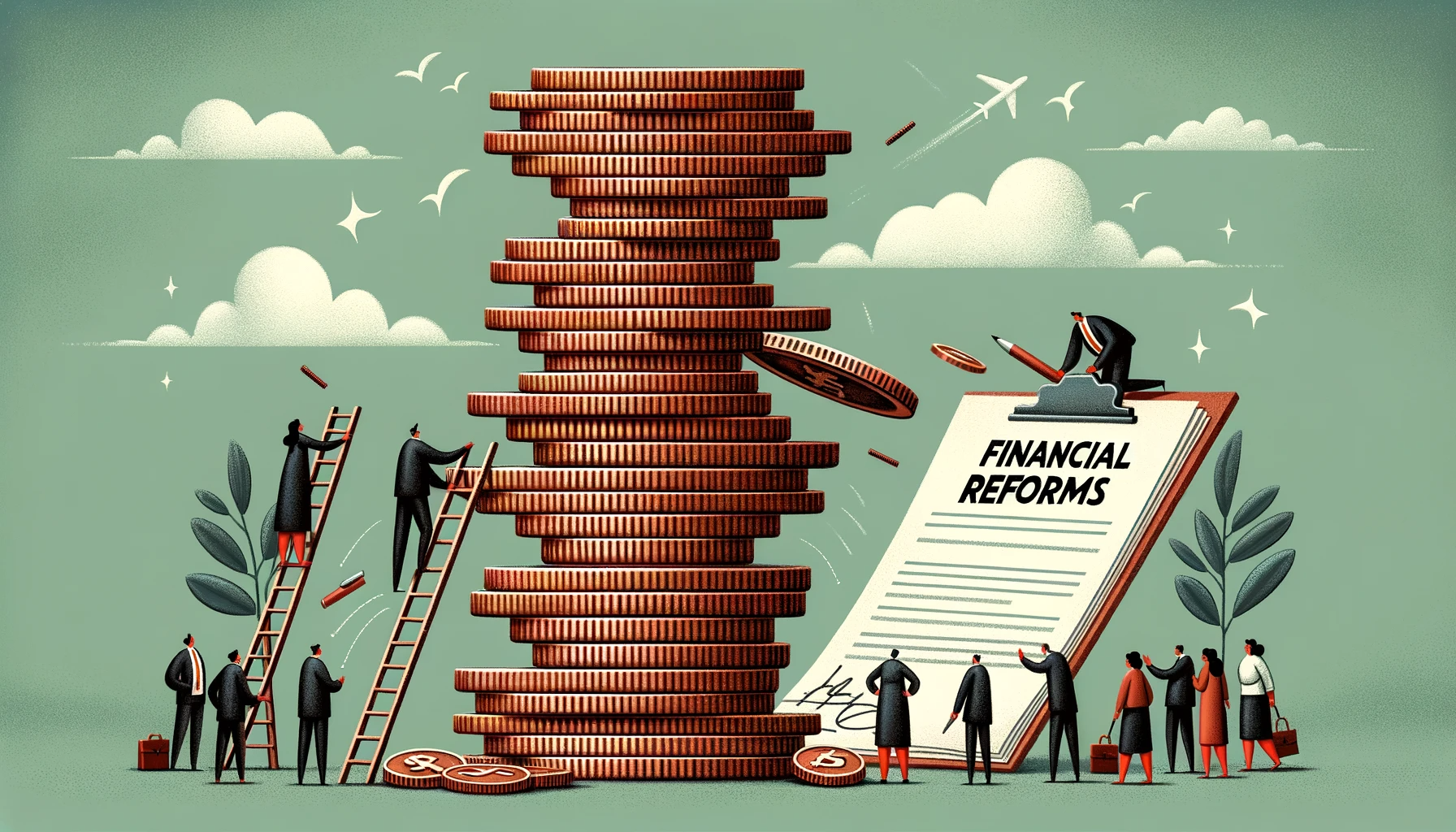
The Financial Recovery Plan appears to solve Lebanon’s financial crisis, but a closer look reveals it’s a tool to preserve elite interests at the expense of depositors’ savings.
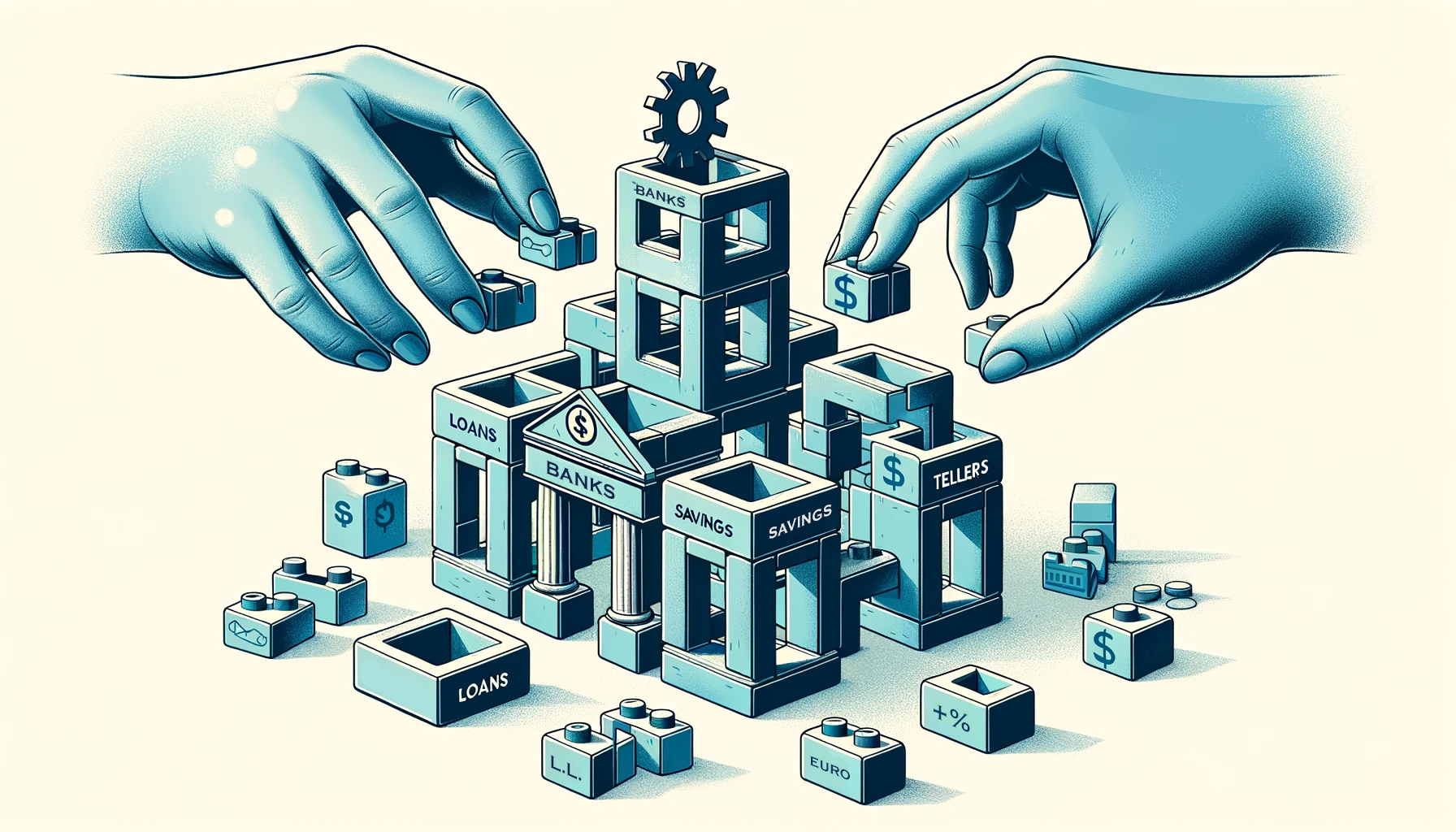
Lebanon’s draft laws aim to reshape its financial landscape, yet ambiguities may hinder complete restoration of confidence in the sector.
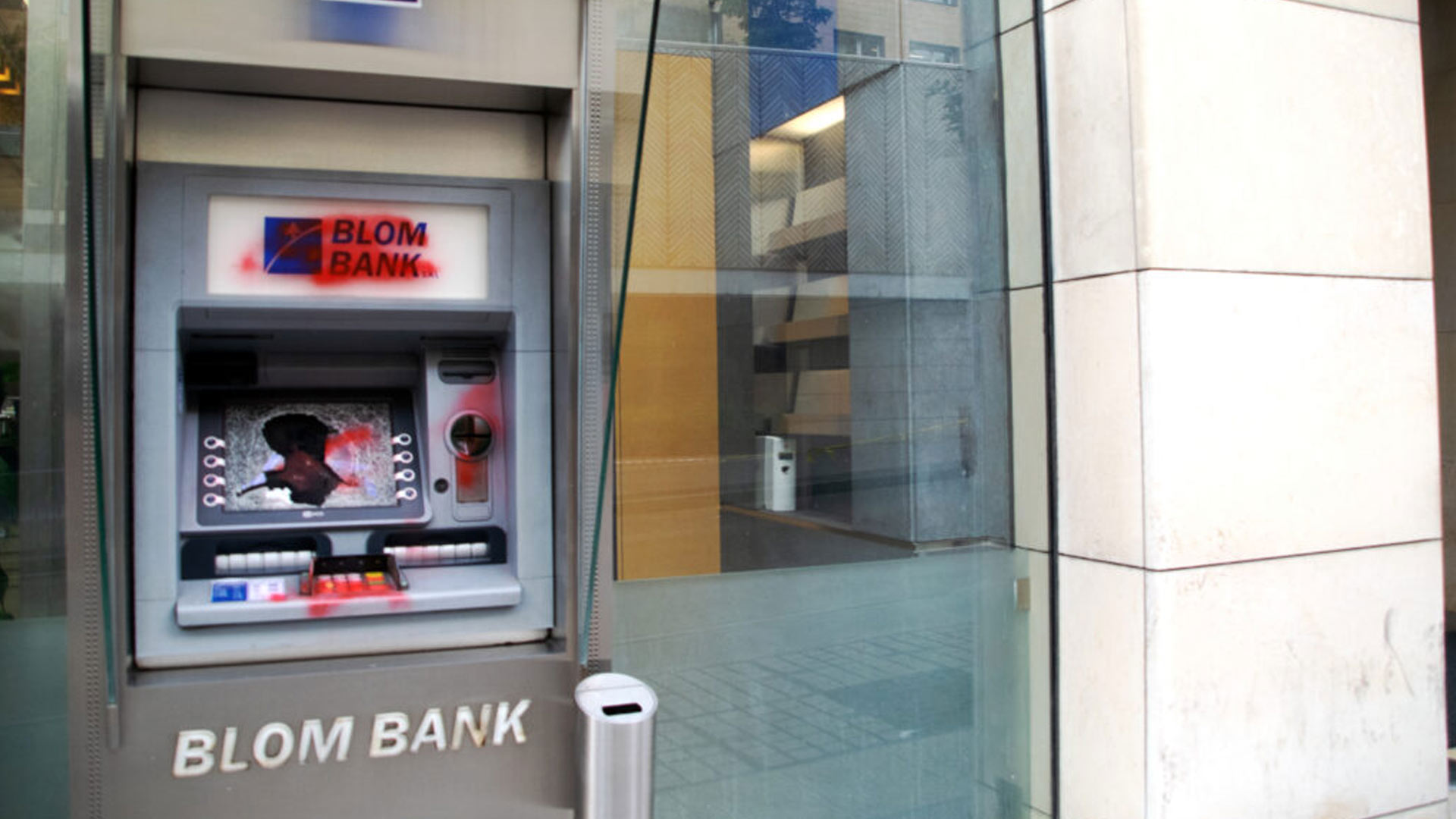
Lebanon’s bank hold ups are the result of lawlessness created by banks, not desperate depositors.

Lebanon’s updated banking secrecy law is progressing towards reform, yet riddled with ambiguities and potential for power abuse.

Assessing Lebanon’s revised banking secrecy law and its progress, while pointing to its loopholes, need for independence, and effective enforcement mechanisms.

Lebanon is poised for executive-level disarray ahead of a presidential vacuum and caretaker cabinet.
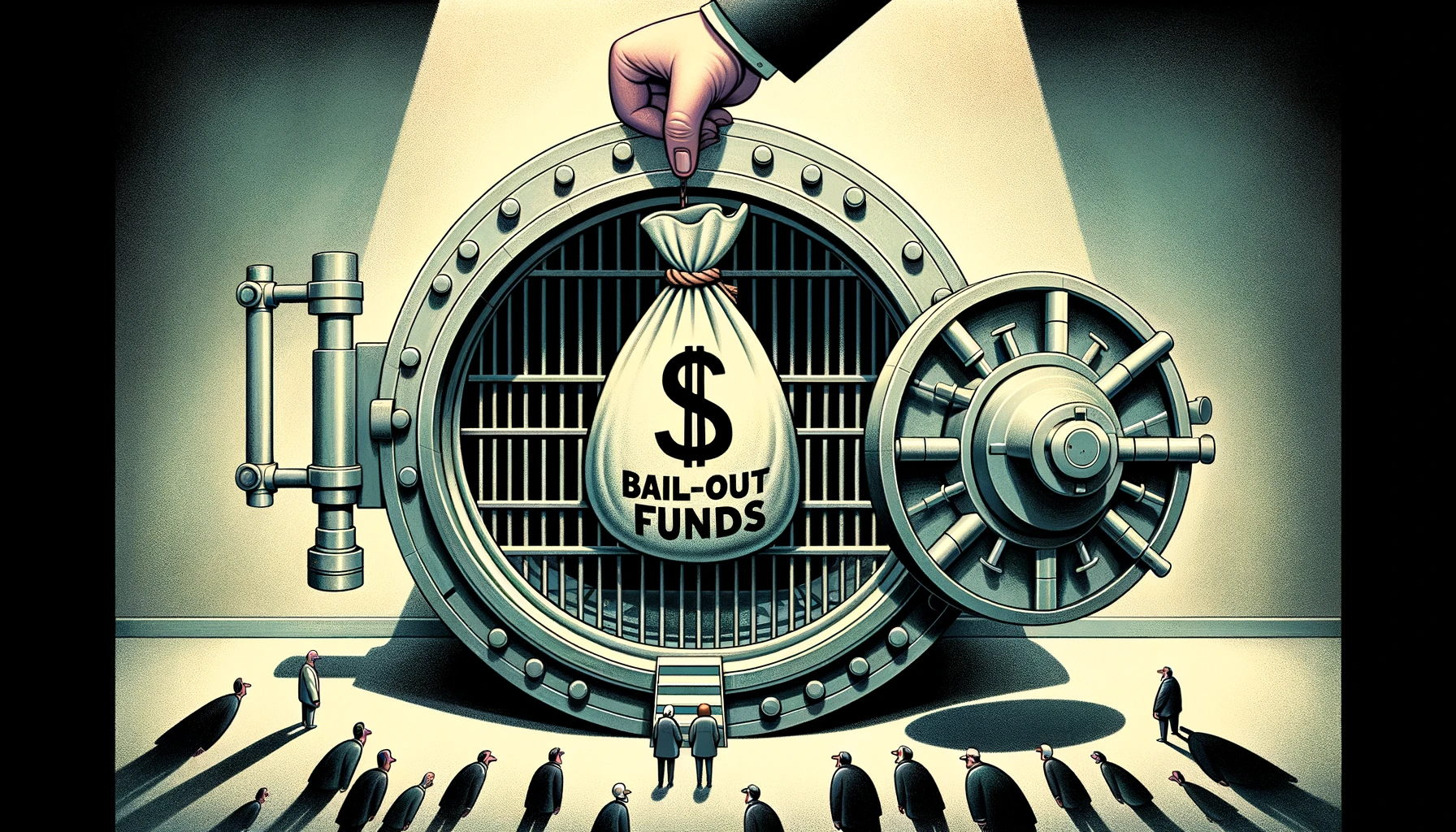
Lebanon must transition from a depositor-funded bail-out to a just bail-in, holding those responsible for the financial crisis accountable and ensuring fair loss distribution through international standards and local laws.

By kicking the can down the road on comprehensive reform, the 2022 budget is just another power grab by the establishment.
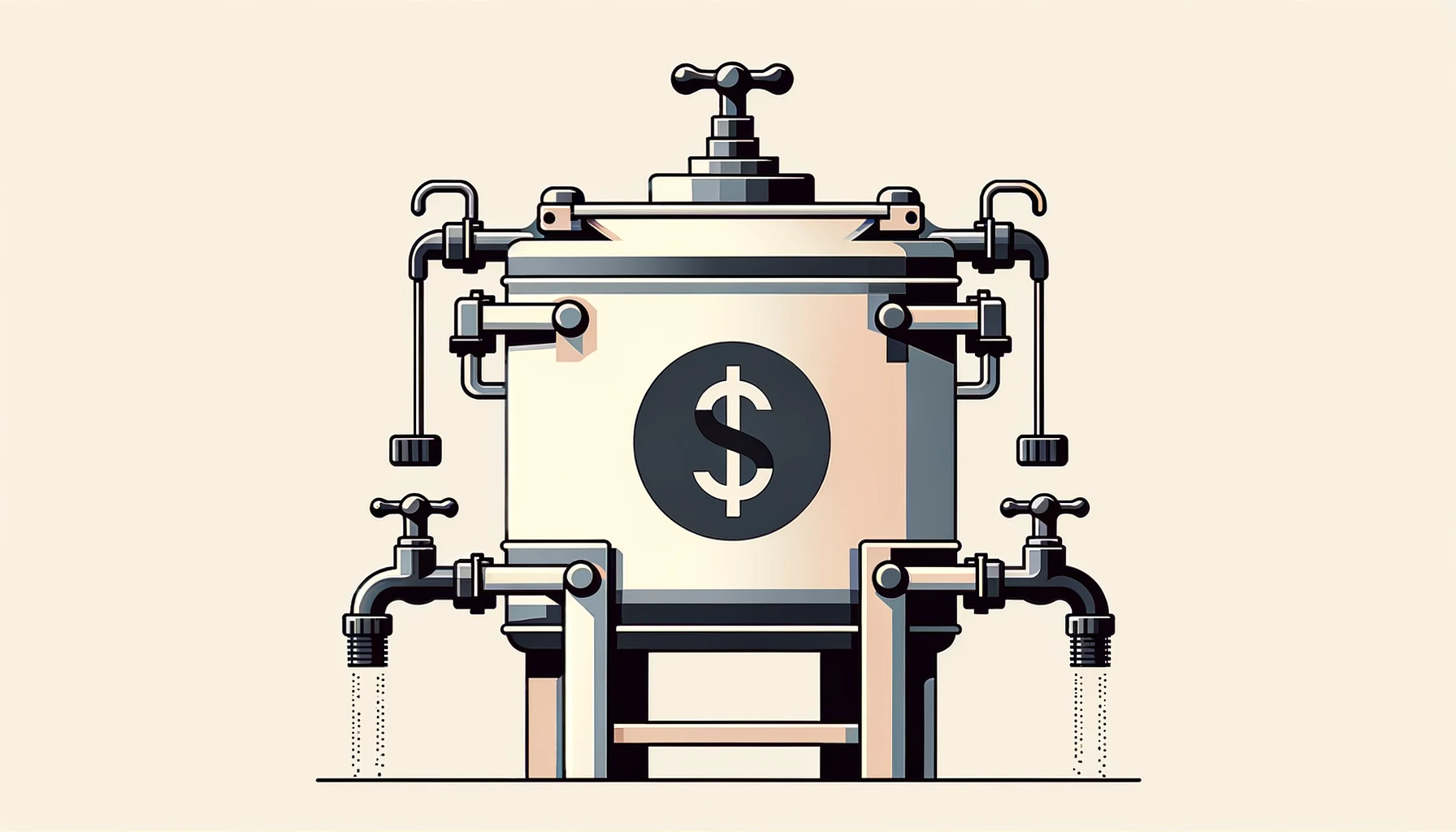
Exploring Lebanon’s loss distribution dilemma, focusing on banks using depositor funds to cover losses, evasion of accountability standards, and the urgent need for bank restructuring.

Analyzing Lebanon’s capital control laws, highlighting issues like illegitimate withholding of funds, conflicts of interest in regulatory bodies, depositor discrimination, and the need for stringent, fair amendments.
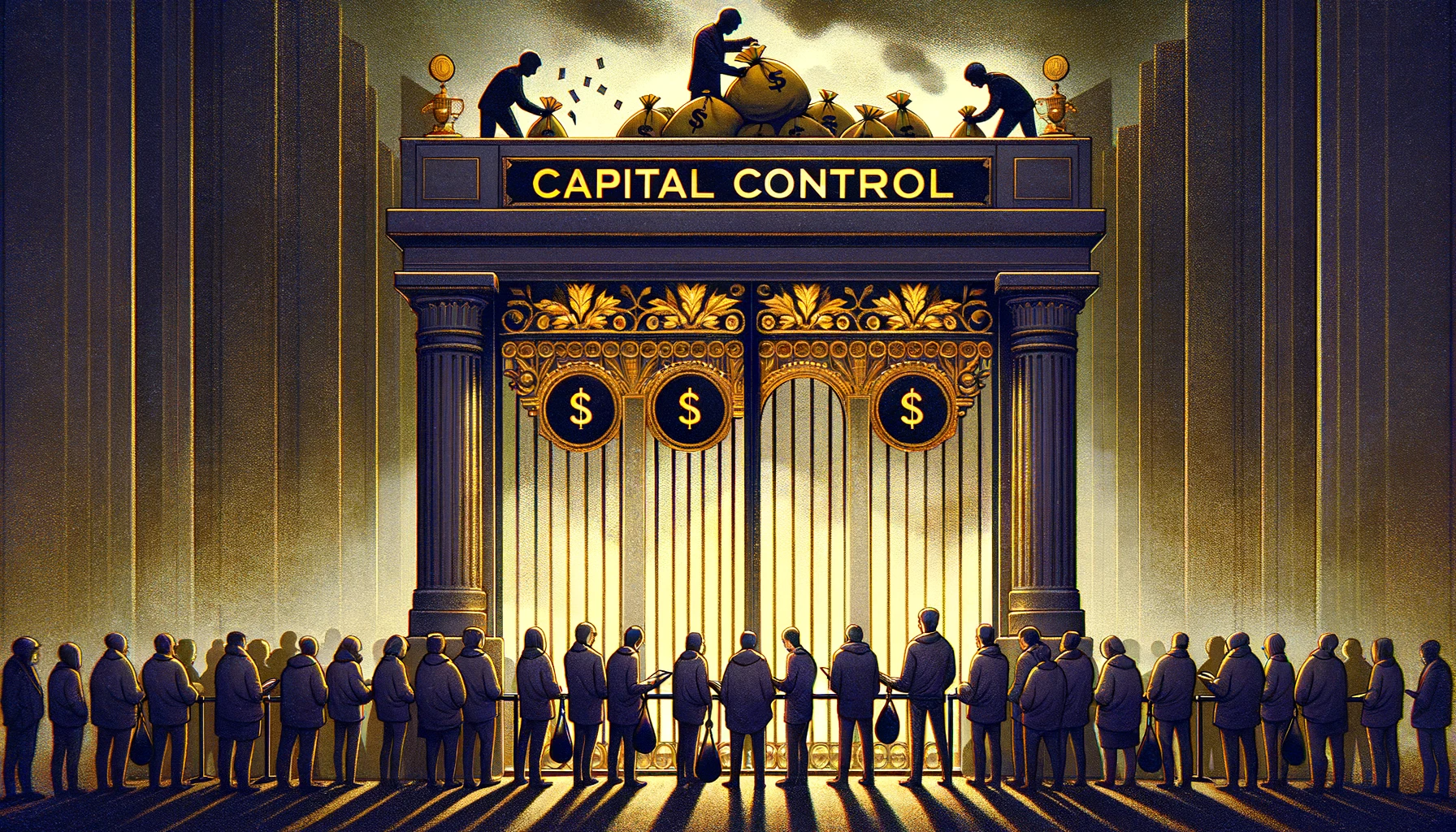
Lebanon’s capital control proposal risks entrenching financial corruption by granting banks undue amnesty and empowering a politically biased committee.

Tensions rise as Lebanon hypes non-existent “plan” to return 15,000 Syrians per month

Lebanese banks are avoiding the legal implications of declaring bankruptcy.

News of expected windfall revenues from Lebanon’s potential offshore gas fields require contain many hidden caveats.

An investigation by Badil reveals previously unknown details of Lebanon’s Eurobond default and how the banking sector manipulated it to facilitate billions of dollars in foreign transfers.

While a step in the right direction, Lebanon’s draft banking secrecy law remains riddled with loopholes and avenues for abuse of power.

Regardless of the election results, the progressive opposition movement needs to follow a clear set of economic principles to take to the people, and the IMF.

These informal capital controls – which have no basis in law – facilitate rampant discrimination between well-connected elites and most other depositors.

Without details, the IMF’s conditional staff-level agreement does more to entrench political and banking elites than to resolve Lebanon’s financial disaster.

The ten-year contract to operate the Beirut Port’s container terminal looks to be just the beginning of collective erasure and return to the status quo.

The law, which civil society groups and the international community have demanded for decades, purports to liberate Lebanon’s private sector from control by politically connected cartels.
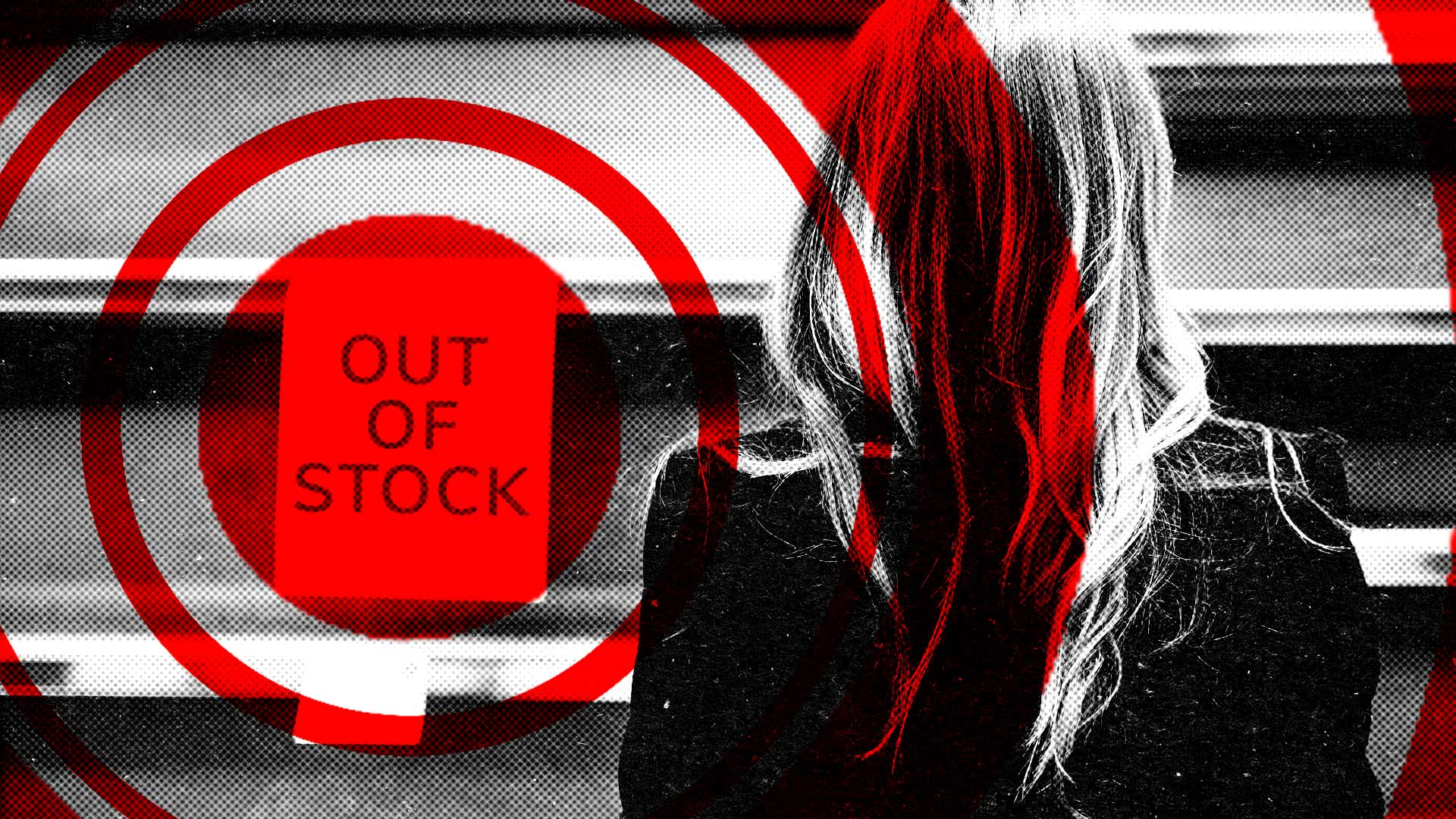
As long as the global food and energy crisis continues, Lebanese households – which rely overwhelmingly on imported products – will start skipping meals, eating less, losing nutrients, and falling ill.

Broadening private insurance ahead of universal health care.

How banking regulations can fairly allocate losses and avert future crises.

Eliminating national oil dependence will clear out conflicts of interest.

Only a modern, neutral and sustainable LAF can survive the economic crisis.

In light of Lebanon’s economic turmoil and pension crisis , how can we safeguard the retirement savings of Lebanese citizens?
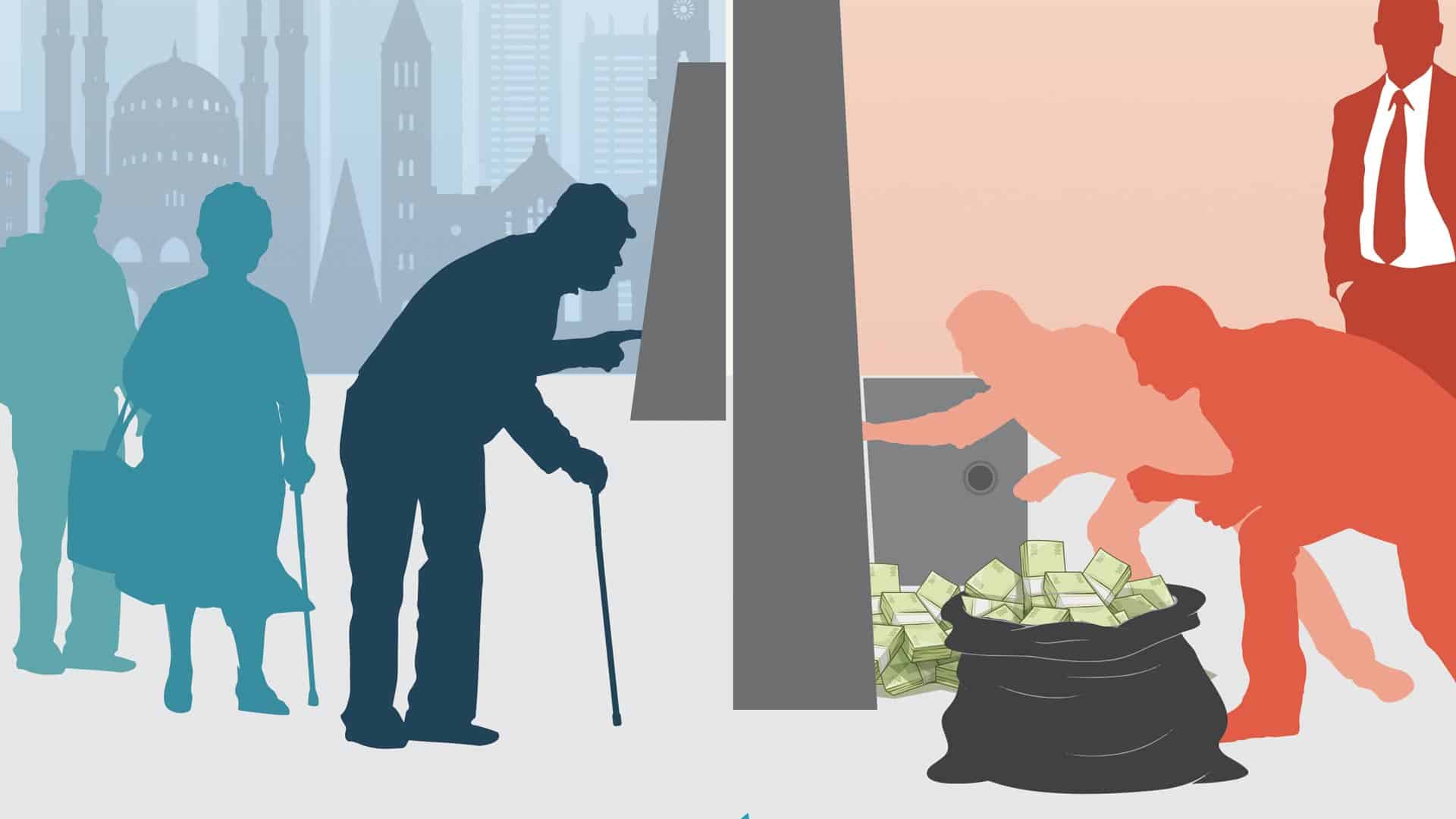
The urgent need to salvage and reform worker’s retirement schemes.

Exploring financial crimes in Lebanon, depositors’ pursuit of justice, the BDS campaign against banking elites, and the challenges of money recovery.
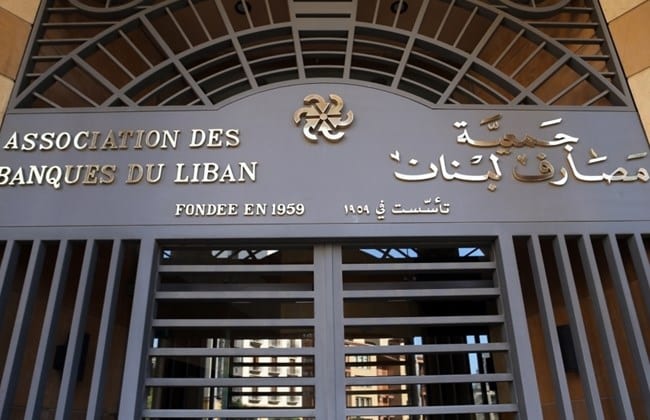
When Lebanon’s financial sector imploded, it was inevitable that the country’s elites would try to shunt those losses onto everyday Lebanese. Over several years, Lebanese bankers had gambled away their customers’ savings, leaving banks unable to meet their debts by October 2019 – if not earlier....